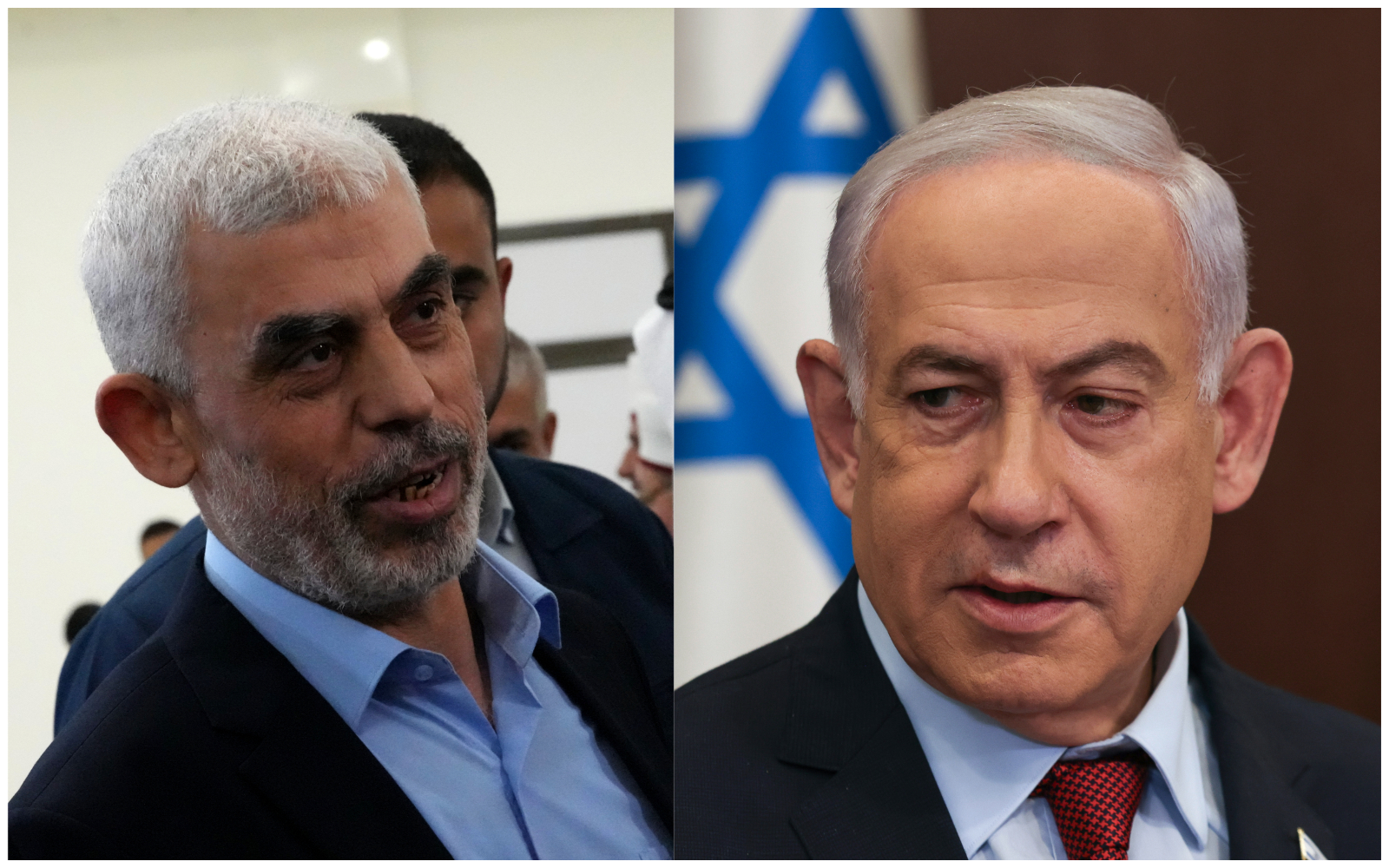The Pentagon’s denial of involvement in the killing of Yahya Sinwar, a prominent Hamas leader, has raised questions, particularly as the Israeli Defense Forces (IDF) confirmed they had killed him in a targeted ground operation. This discrepancy has sparked curiosity about the motives behind the U.S. stance and whether there are larger geopolitical implications at play. On October 17, 2023, the IDF announced the elimination of Yahya Sinwar, Hamas’ leader in Gaza, during a targeted operation in Rafah, southern Gaza. The operation reportedly resulted in the deaths of three Hamas militants, including Sinwar, whose identity was confirmed through DNA testing. Israel had access to his DNA from his imprisonment in Israeli jails, following his 1988 arrest for the murder of 12 Palestinians accused of collaborating with Israel. Sinwar had also plotted the abduction of two Israeli soldiers and served 22 years in Israeli prisons before his release in a 2011 prisoner exchange deal. Upon his release, he resumed his activities within Hamas, eventually rising to become its leader in Gaza and, more recently, the political bureau chief after the death of Ismail Haniyeh. While Israel has taken responsibility for the operation, the U.S. has maintained that it had no direct role in the killing of Sinwar. Pentagon spokesperson Air Force Major General Patrick Ryder emphasized that no U.S. forces were directly involved in the operation, saying, “This was an Israeli operation.” However, he acknowledged that the U.S. had contributed intelligence and information related to the tracking and locating of Hamas leaders involved in hostage-taking, which indirectly helped Israel’s efforts. Ryder’s comments followed statements from U.S. President Joe Biden, who had earlier confirmed that U.S. special operations and intelligence personnel were aiding Israel in its hunt for Hamas leaders following the deadly Hamas assault on October 7, 2023.

This apparent contradiction between Israeli confirmation of Sinwar’s death and the Pentagon’s denial of direct involvement raises the question of why the U.S. is so adamant about distancing itself from the operation. One possible explanation could be the U.S.’s strategic desire to manage tensions with Iran, a key ally of Hamas. Iran has been vocal in its support of Palestinian resistance against Israel and could retaliate if it perceived the U.S. to be directly responsible for Sinwar’s death. A retaliatory response from Iran could have significant implications for the already volatile Middle East region, especially given the upcoming U.S. Presidential elections, which might be a factor in the Biden administration’s cautious approach. The U.S.’s complex relationship with the Israel-Palestine conflict adds another layer of nuance to this situation. While the U.S. is a strong ally of Israel and has provided military and intelligence support to the country for decades, it also faces pressure to maintain a balanced approach to avoid inflaming tensions with other Middle Eastern countries, particularly Iran. Yahya Sinwar was a key figure within Hamas, which the U.S. and many other Western countries consider a terrorist organization. His rise within Hamas’s leadership was rooted in his founding of the Izz ad-Din al-Qassam Brigades, the militant wing of Hamas, which played a significant role in violent confrontations with Israel. His leadership saw Hamas grow in strength and strategic capability, particularly in Gaza.
Given Sinwar’s background and the significance of his role within Hamas, it is clear that his death is a major blow to the organization. His roots trace back to his upbringing in the Khan Younis refugee camp in Gaza, where he was born in 1962. His family had been displaced during the Nakba in 1948, which marked the establishment of Israel and the mass displacement of Palestinians. Sinwar’s personal history, shaped by the events of the Nakba and his family’s expulsion, deeply influenced his ideology and his role in shaping Hamas’s militant activities against Israel. The Pentagon’s refusal to confirm any direct role in Sinwar’s death might be a diplomatic move to avoid escalating tensions with Iran and other regional powers. At the same time, this action aligns with the U.S.’s broader counterterrorism strategy, which emphasizes close cooperation with allies like Israel while maintaining a degree of plausible deniability to manage the complex geopolitics of the region. Although Israel has confirmed responsibility for the targeted killing of Yahya Sinwar, the Pentagon’s denial of direct involvement likely reflects a calculated effort to prevent further escalation. The U.S. provided intelligence support, but by emphasizing its non-involvement, it may be aiming to avoid provoking retaliatory actions that could destabilize the region and affect its broader strategic interests, particularly with the upcoming U.S. elections in mind. Against this backdrop, could the successful elimination of Sinwar prompt a more measured approach from the often aggressive and determined Benjamin Netanyahu? A pause, in line with U.S. advice, might not only stabilize the region but also prevent potential political embarrassment for the ruling Democrats.






